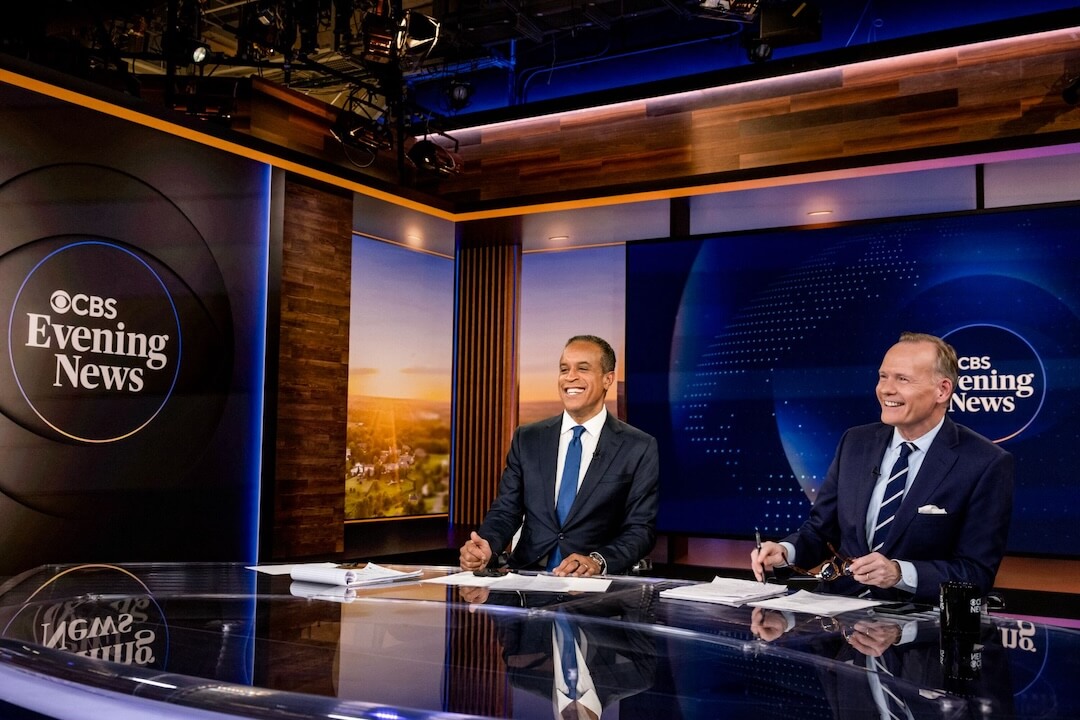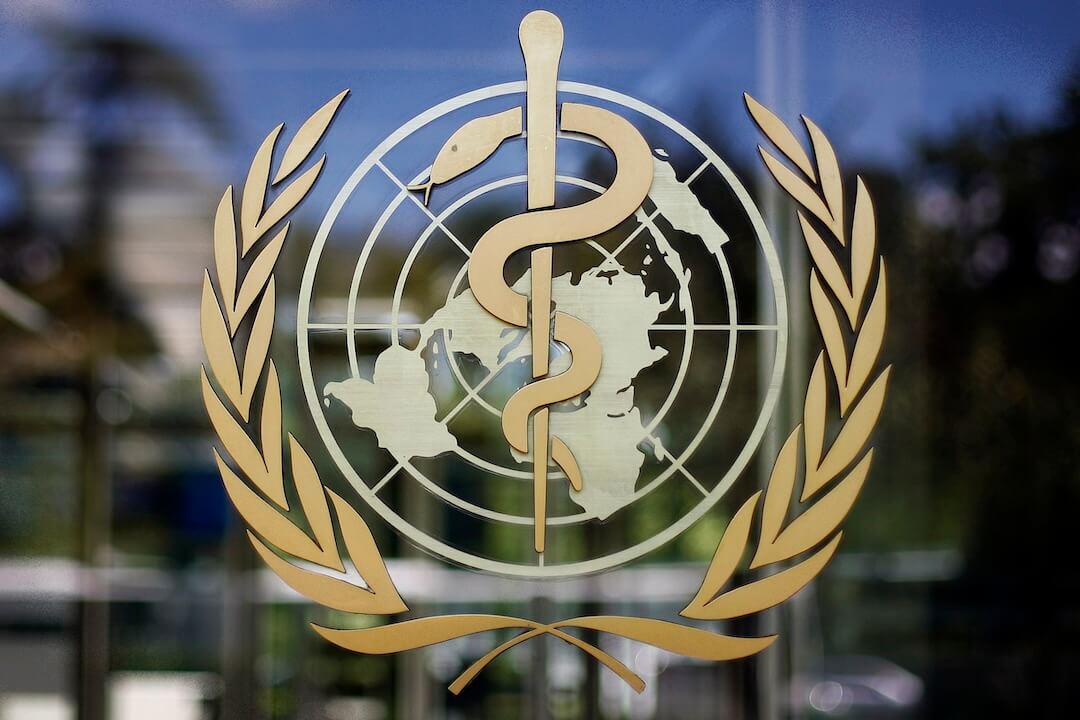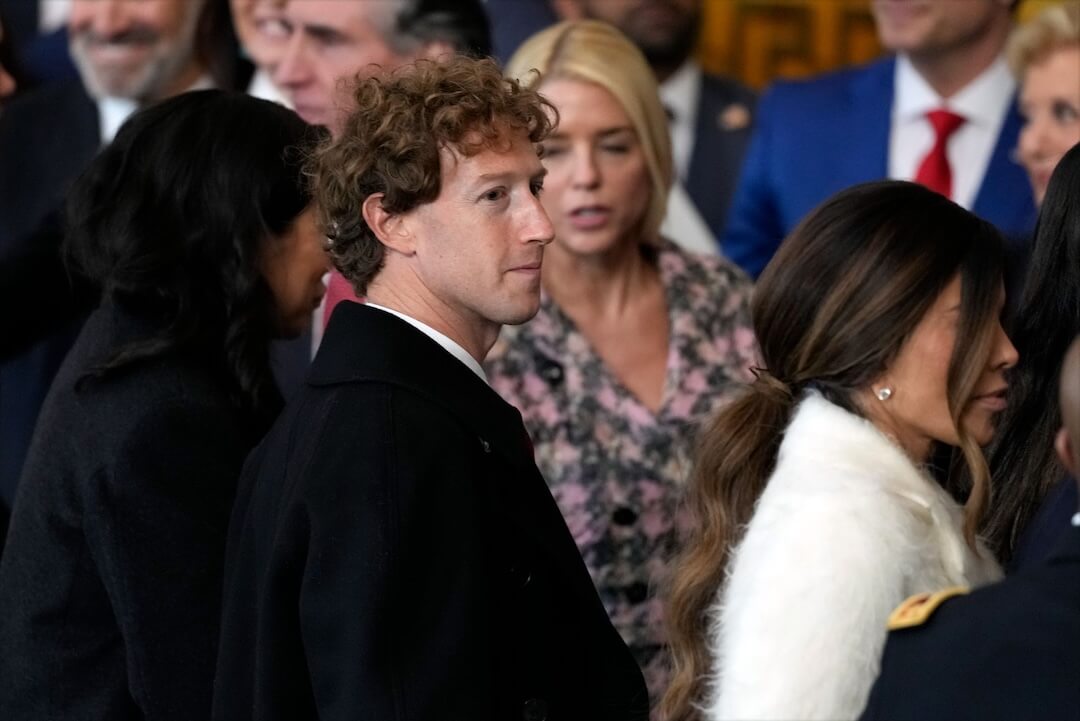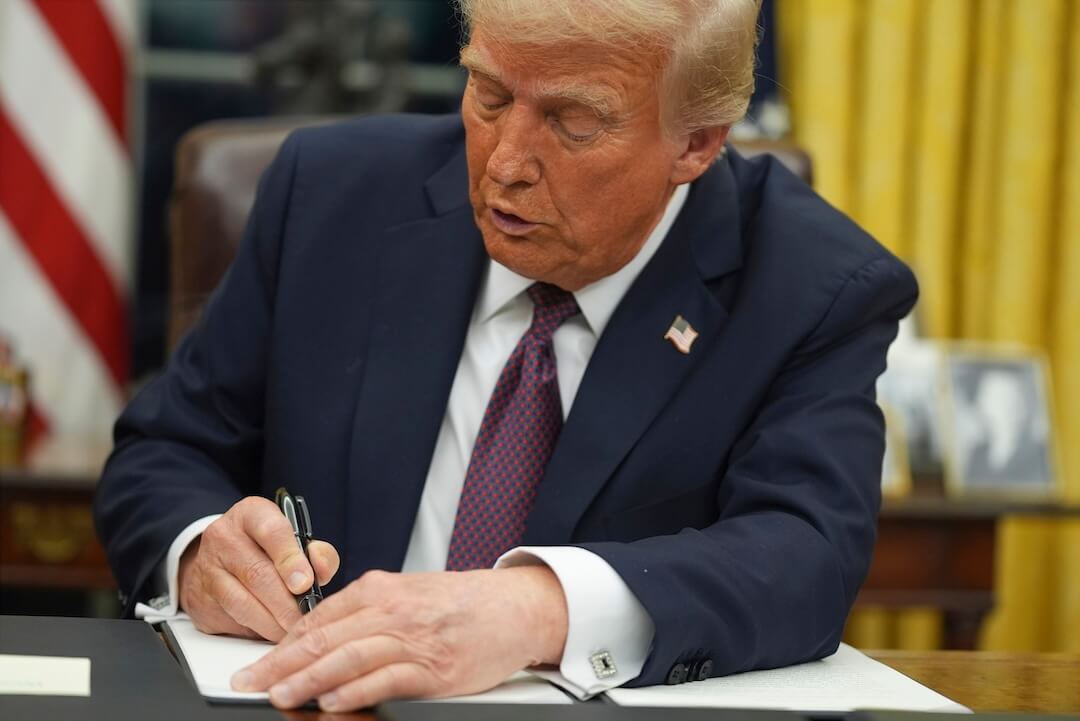GlobalFact is the largest fact-checking summit in the world, with almost 600 in-person attendees this year. As the second day of GlobalFact 9 comes to an end Thursday, here are five takeaways from Oslo.
1. The January 6 hearings are just one big fact check
The current Jan. 6 hearings can also be viewed as a fact-checking campaign on the “Big Lie” — or the conspiracy theory that Donald Trump lost the 2020 presidential election due to a massive, coordinated voter fraud campaign, which was then used as a pretext by Trump supporters to storm the Capitol, journalist and historian Anne Applebaum said during the Q&A following her conversation with Poynter president Neil Brown.
“The current hearings that are going on in Washington — some of you may be following those quite closely — are a really interesting example of how to present and convey facts,” Applebaum said. “In a way, it’s a giant fact-checking and fact confirmation operation.”
Organizers of the hearing have been successful, Applebaum said, primarily because they used Republican and conservative witnesses and not liberals, who might be perceived as biased against Trump or the Republican Party.
“People who were either known members of the Republican Party or who were former employees of Trump or even Trump’s family were used deliberately in the very first hearings. They were almost the only people who spoke, and that was because the idea was to show the audience that this is not some kind of partisan project,” said Applebaum. “They’ve thought a lot about how to convince people that what they’re saying is true. And so I would watch very closely how those hearings go and how they’re received.”
2. There’s a difference between information and knowledge
During her second GlobalFact talk, Dr. Joan Donovan, research director of the Shorenstein Center on Media, Politics and Public Policy, made a distinction between knowledge and information.
“Information is fast and cheap; knowledge is slow and expensive.” She said that social media often blurs the distinction between the two “by mixing up information and knowledge.”
Two additional principles she shared were that “everything open will be exploited” for various reasons and that during active crises “there is no real-time knowledge, only real-time information.”
“Higher quality information is both slow and expensive and as a result it doesn’t have the embedded features within it that cause the design of these platforms to distribute it,” Donovan said. “By and large fact checks take more time to produce than what we might call partisan media.”
Donovan also called for better pay structures for fact-checkers and “knowledge workers” for sustainability, among other reasons.
“It is incumbent upon us to push the platform companies to take the job more seriously,” Donovan said, pointing out that fact-checking’s meteoric rise coincides with discussions of the decline of local news. “I think that has a lot to do with the rise of digitalization.”
3. Fact-checking elections carries difficulties around the globe
Patricia Campos Mello, an award-winning Brazilian journalist, interviewed fact-checkers from the Philippines, Brazil, Bosnia and Herzegovina, and Lebanon to discuss the challenges of fact-checking during elections. In the Philippines, Rappler and other organizations have faced legal onslaughts, requiring several groups of lawyers. In Lebanon, fact-checking organizations have received cease and desist letters from the government itself. In Brazil, fact-checkers expressed worries over voter fraud and the possibility of a Jan. 6 analog.
4. On social media, balancing freedom of expression and reducing bad user experiences continues to be a challenge
Top of mind for the social media panelists in a conversation with Meta and WhatsApp was one fundamental question: How is it possible to balance people expressing themselves on platforms freely while also reducing bad user experiences?
Rather than laying out a comprehensive set of rules to achieve this — no one could do that or should do that, Meta representatives claimed — Meta said that it seeks to identify categories of misinformation, with different reaction protocols according the type of infraction. With some content, Meta would simply choose to lower its distribution or add warning labels. But with other content — like posts that pose imminent risk of harm or “undermines political processes” — Meta would remove it.
During the Q&A, one fact-checker questioned Meta’s policy that organizations can’t directly fact-check politicians on Facebook or Instagram despite the fact that they are, in certain cases, direct sources of disinformation. Meta representatives responded that speech from politicians is already the most scrutinized speech in the world, which received a variety of responses in the room full of fact-checkers.
5. On Facebook, repeat false news offenders see 50% reductions
Emmanuel Vincent with Science Feedback worked to glean insight into Facebook’s moderation policies through research methods — without actually asking the tech giant directly. Vincent presented findings on the numerical impacts of Facebook’s moderation policies.
Key takeaways were that there were roughly 50% reductions in engagement for pages/websites for 90 days after they shared at least two false news stories, and a similar 50% reduction for Facebook Groups which did the same. Vincent and others determined that Facebook really only started enforcing the policy in groups in Feb. 2021, while they had been enforcing it for pages earlier.
Friday’s GlobalFact sessions include “Birds Aren’t Real” founder Peter McIndoe about his viral conspiracy, Bill Adair of Duke Reporter’s Lab about the direction of automated fact-checking and International Fact-Checking Network director Baybars Örsek interviewing the director of news and civics partnerships at YouTube.







